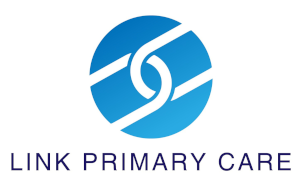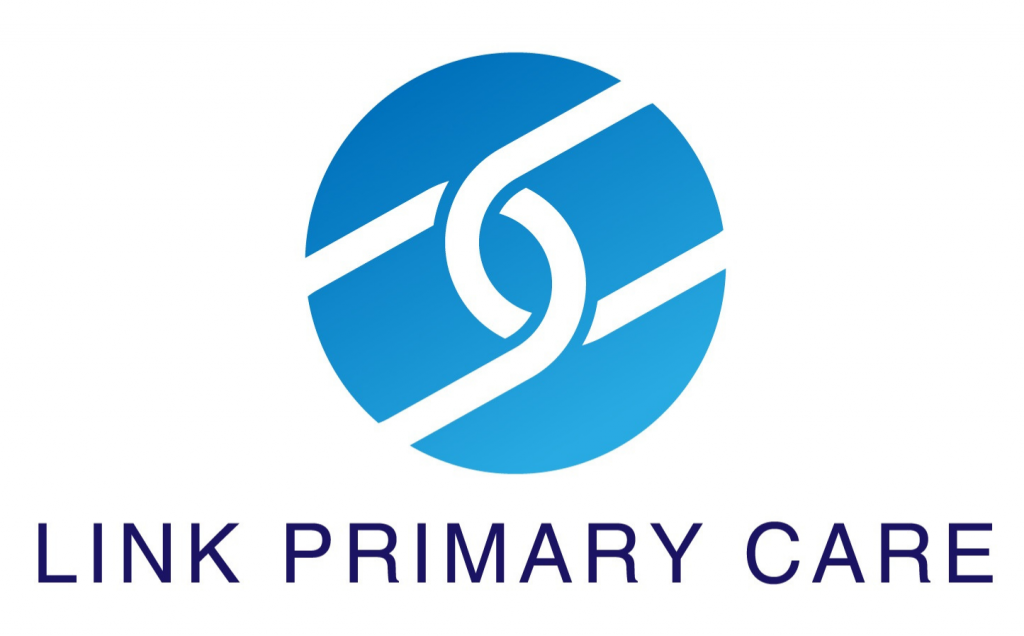Cancer Screenings in St. Louis
In St. Louis, cancer is a devastating and far-too-common disease. It can affect anyone at any age. Chances are, you know someone who has had an encounter with cancer.
According to the St. Louis County Department of Public Health, cancer accounted for 47,729 deaths in St. Louis County between 2012 to 2016. It was the second leading cause of death in the County. Lung, breast, and prostate cancers were the most deadly types of cancer.
Fortunately, there are many ways residents can reduce the risks of getting cancer. Regular cancer screenings are one of the most effective. Cancer screenings can diagnose cancer in its earliest stages, enabling timely intervention and improved treatment outcomes.
If you’re looking for a clinic that provides safe, reliable cancer screenings in St. Louis, then Link Primary Care is the place to call. We’re a leading provider of cancer screenings in St. Louis. We specialize in concierge medicine, an approach that focuses on delivering the highest quality of personalized patient care. Our member patients have access to a wide range of cancer screening services as well as a personal doctor who can help coordinate treatment and preventive care.
Why Get Regular Cancer Screenings?
In St. Louis, cancer screenings are an important tool in cancer treatment. They are critical to diagnosing cancers in their earliest and most treatable stages. Cancer screenings can identify cancerous cells or tumors before they cause noticeable symptoms. Early detection of cancer is pivotal for several reasons:
- Improved Survival Rates
The most important reason to screen for cancer is to maintain a long and healthy life. Detecting cancer in its early stages significantly enhances the chances of successful treatment and improved survival rates. By identifying malignancies before they spread to other parts of the body, healthcare professionals can intervene swiftly, often with less aggressive treatment options.
- Minimized Treatment Complexity and Costs
Early detection allows for less invasive treatment options, reducing the need for extensive surgeries, radiation, or chemotherapy. This not only reduces the physical and emotional burden on patients but also helps to minimize healthcare costs associated with advanced-stage cancers.
- Prevention and Risk Assessment
Some screenings can identify precancerous conditions or risk factors, enabling healthcare providers to implement preventive measures and lifestyle changes to reduce the likelihood of developing cancer in the future.
Types of Cancer Screenings
The screening you receive will differ depending on the type of cancer your doctor is looking for. As a member of Link Primary, Dr. Jeffery will make recommendations based on your health history, age, and other markers. Several effective cancer screenings are available, tailored to specific types of cancer.
Here are some of the most common screening methods:
- Mammography
Mammograms are X-ray examinations of the breast tissue used to detect breast cancer. Recommended for women aged 40 and above, mammography can identify tumors before they can be felt, allowing for early intervention and improved outcomes.
- Pap Smear
A Pap smear is a cervical screening test that checks for abnormal cells in the cervix. Regular screening for cervical cancer is recommended for women aged 21 to 65 years and is highly effective in detecting early signs of the disease.
- Colonoscopy
Colonoscopy is a procedure used to examine the colon and rectum for abnormalities, including precancerous polyps or colorectal cancer. Regular screenings are typically advised for individuals aged 50 and older, or earlier for those with specific risk factors.
- Prostate-Specific Antigen (PSA) Test
The PSA test measures the level of PSA in the blood, which can be elevated in men with prostate cancer. Recommended for men aged 50 and above, or earlier for those with increased risk, this test aids in the early detection of prostate cancer.
- Lung Cancer Screening
Low-dose computed tomography (CT) scans are recommended for individuals at high risk of developing lung cancer, particularly heavy smokers or those with a history of smoking. Early detection through lung cancer screening can lead to more effective treatment options.
Introducing the Galleri Blood Test
New types of cancer screenings available to Link Primary Care members include the Galleri Blood Test, a comprehensive test aimed at the early detection of cancer. We’re one of the few practices in St. Louis to offer this service. The Galleri Blood Test works by examining your DNA to identify genetic mutations and other alterations that may indicate the presence of certain types of cancer, even before any symptoms emerge.
When cells, including cancer cells, reach the end of their life cycle and die, they fragment and get washed away into the bloodstream. The Galleri test analyzes these fragments for the highly distinctive methylation patterns that often signal the presence of cancer. A natural process that modifies DNA activity, methylation patterns provide valuable insights into the tissue or organ associated with a detected cancer fragment.
Reach out to our team to learn more about this world-class screening service.
Become a Concierge Member to Access Our Suite of Cancer Screening Services
Cancer screenings should be part of all well-rounded healthcare plans, empowering individuals to take control of their health and well-being. By detecting cancer early, screenings save lives, minimize treatment complexities, and reduce healthcare costs.
Together, we can strive towards a future where cancer is detected early, treated effectively, and lives are saved.
Cancer screenings in St. Louis are just one of the benefits of being a Link Primary Care member. Interested in learning more? Click here to learn more about concierge medical care in St. Louis and how you can become a member of the Link Primary Care healthcare community.


